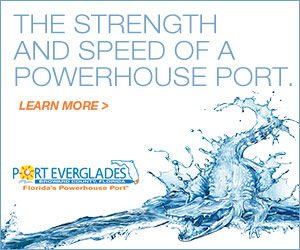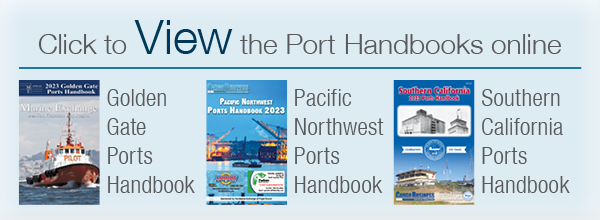|
APL, an ocean carrier owned by Singapore-based Neptune Orient Lines, is supporting Japanese growers and exporters through its SMART reefer solutions as they seek to increase overseas markets for their fresh produce.
Currently, Japan's fresh food export markets are mainly concentrated in Asia. Connecting Japan with the key markets of Asia, APL offers the services of Japan Thailand Vietnam (JTV); Japan Thailand 2 (JT2), Japan Thailand 3 (JT3) and Setonai Kai Kyushu Express (SKX). These services cover markets such as South China, Hong Kong, Taiwan, Korea and Southeast Asian markets including Thailand and Vietnam amongst others.
APL's controlled atmosphere technology, SMARTcare+ ensures the quality of fruit and vegetable shipments from Japan. By manipulating ripening rates through nitrogen flushing at the start of the process, APL's SMARTcare+ can triple the post-harvest life of some perishables compared to
|
conventional methods.
In March this year, APL successfully applied SMARTcare+ and shipped Japanese premium strawberries, as well as Japanese leafy vegetables from Hakata to Hong Kong. The shipment was made by Fukuoka-based, Fuyo Trading, an exporter of fresh vegetables, fruits and food supplies to Asian countries.
"The export drive for Japanese agricultural products is set to escalate the globalization of Japanese food culture," said Keiji Tanaka, president of Fuyo Trading. "With the application of APL's controlled atmosphere reefer technology, the transportation of our freshest produce to different parts of the world is now possible with sea freight instead of expensive air freight. This innovative solution will help us expand our global footprint significantly as we take our premium products to the stores across Asia as well as the Americas and Europe."
|




